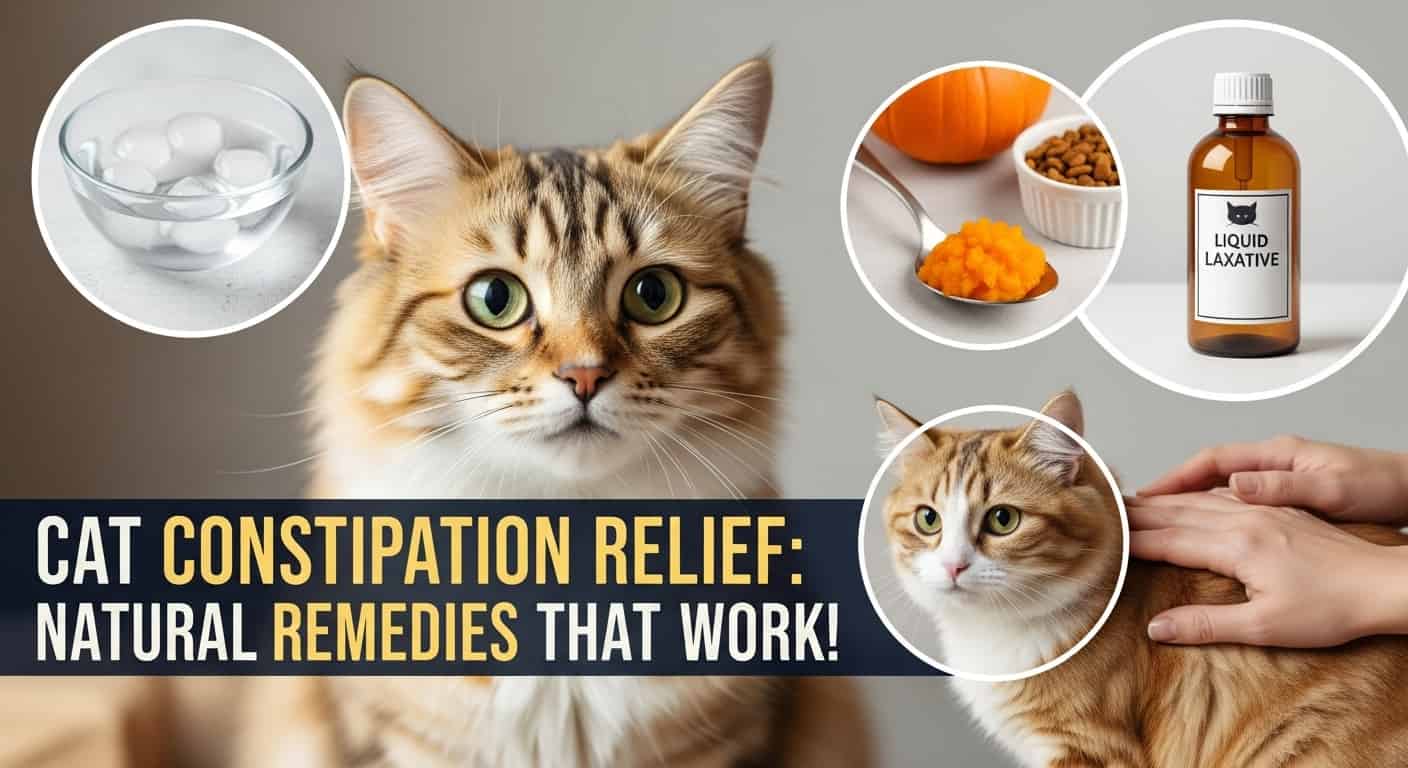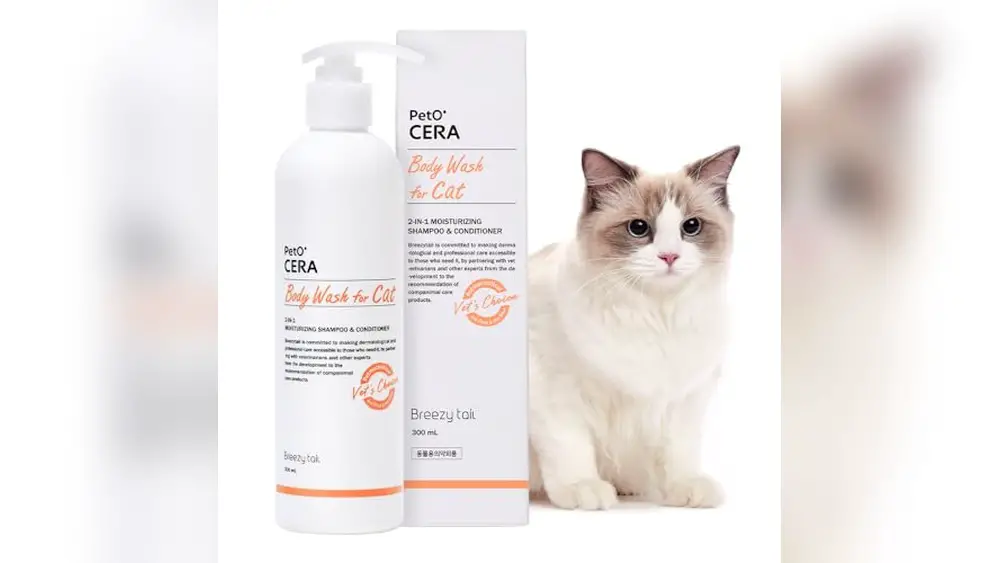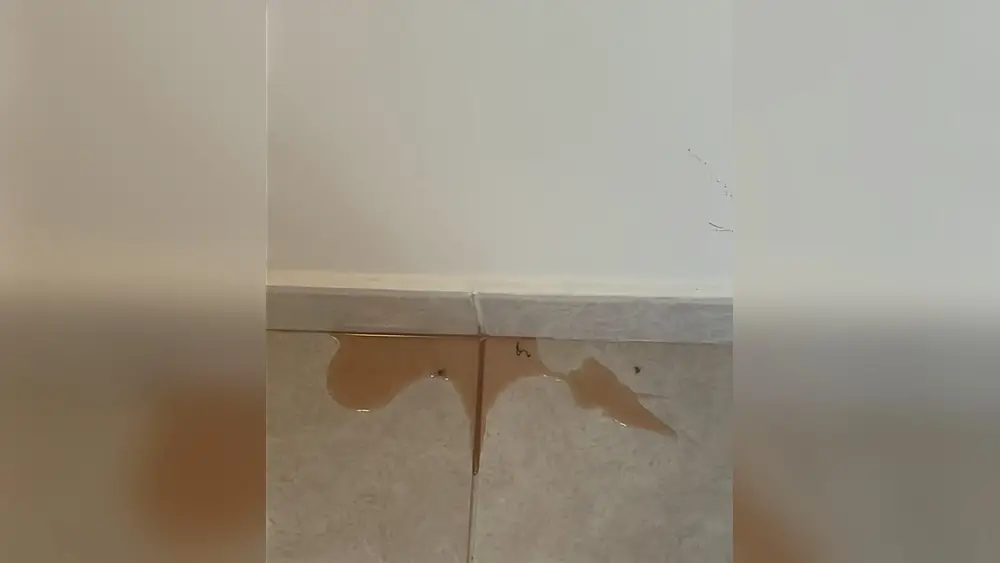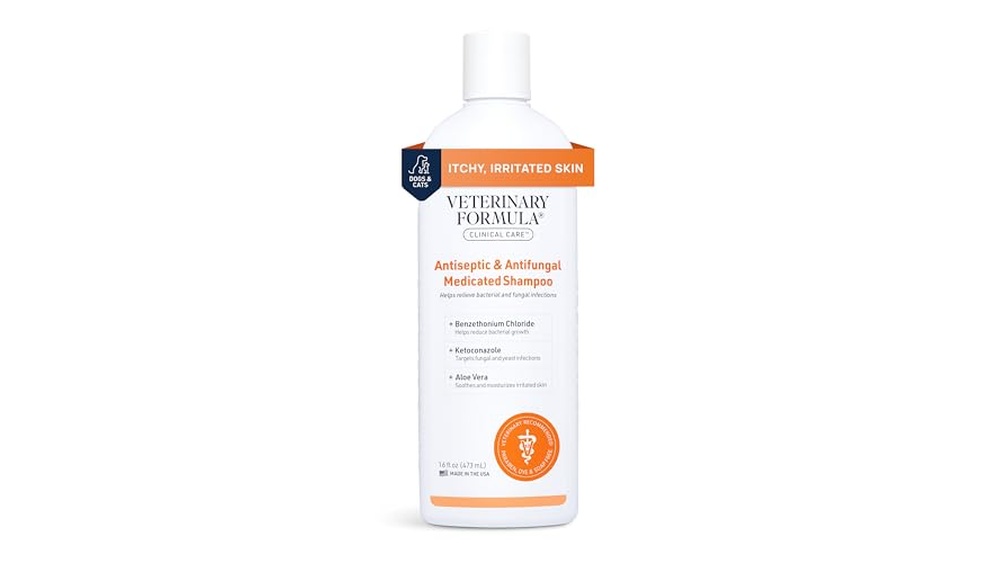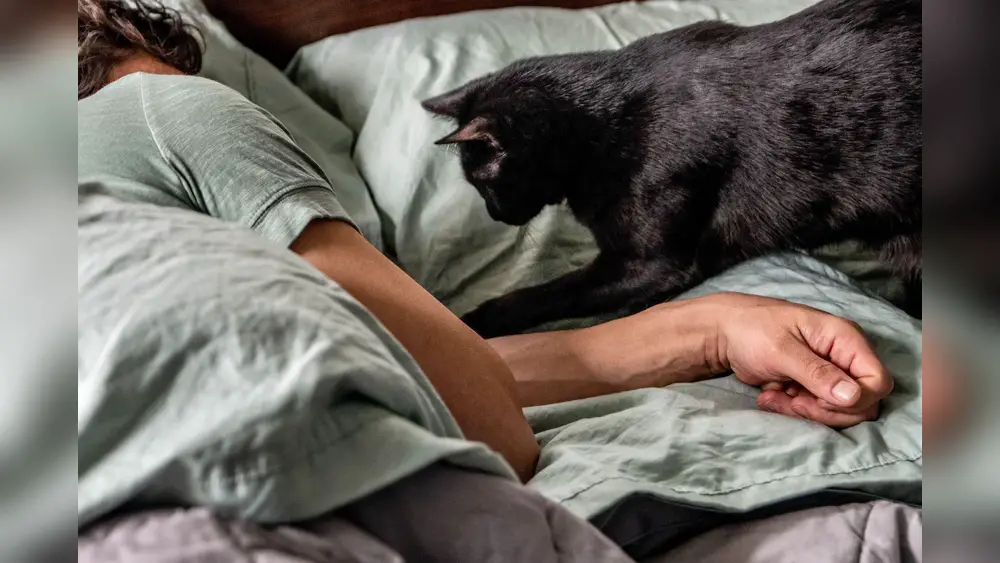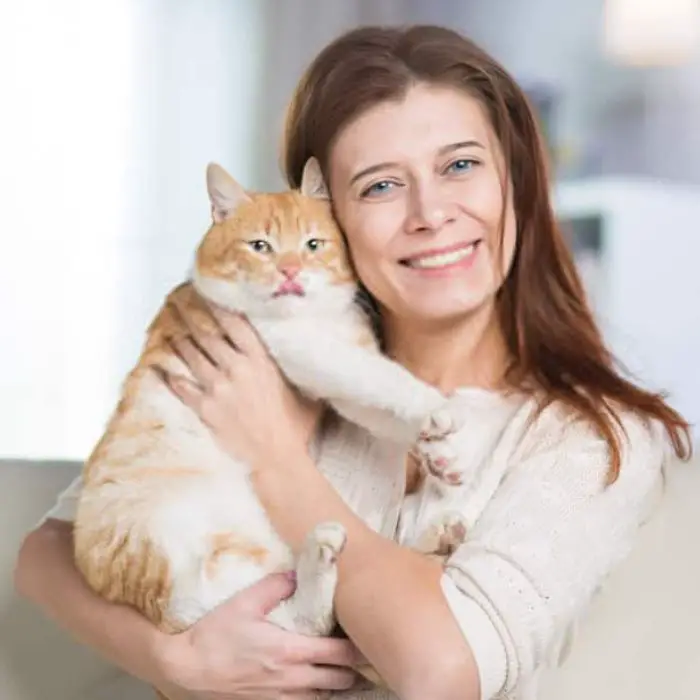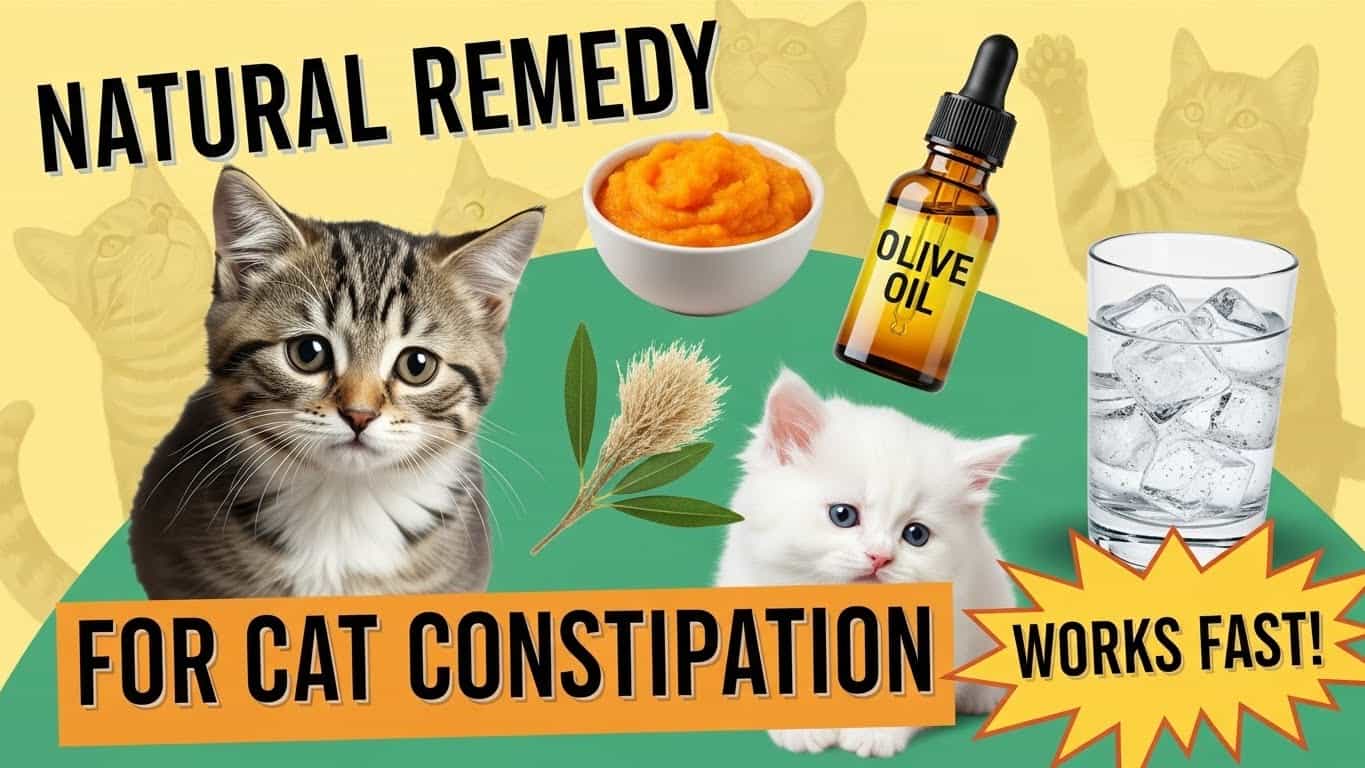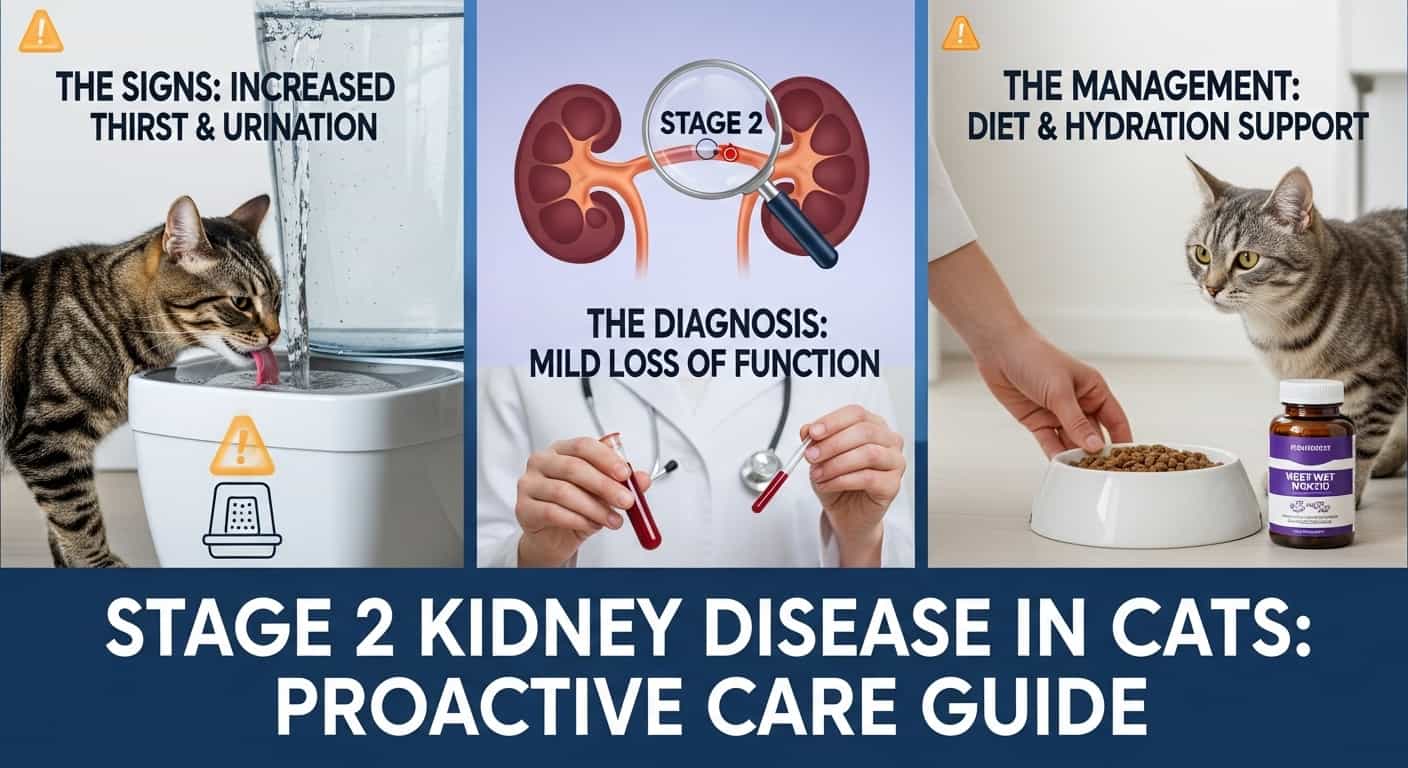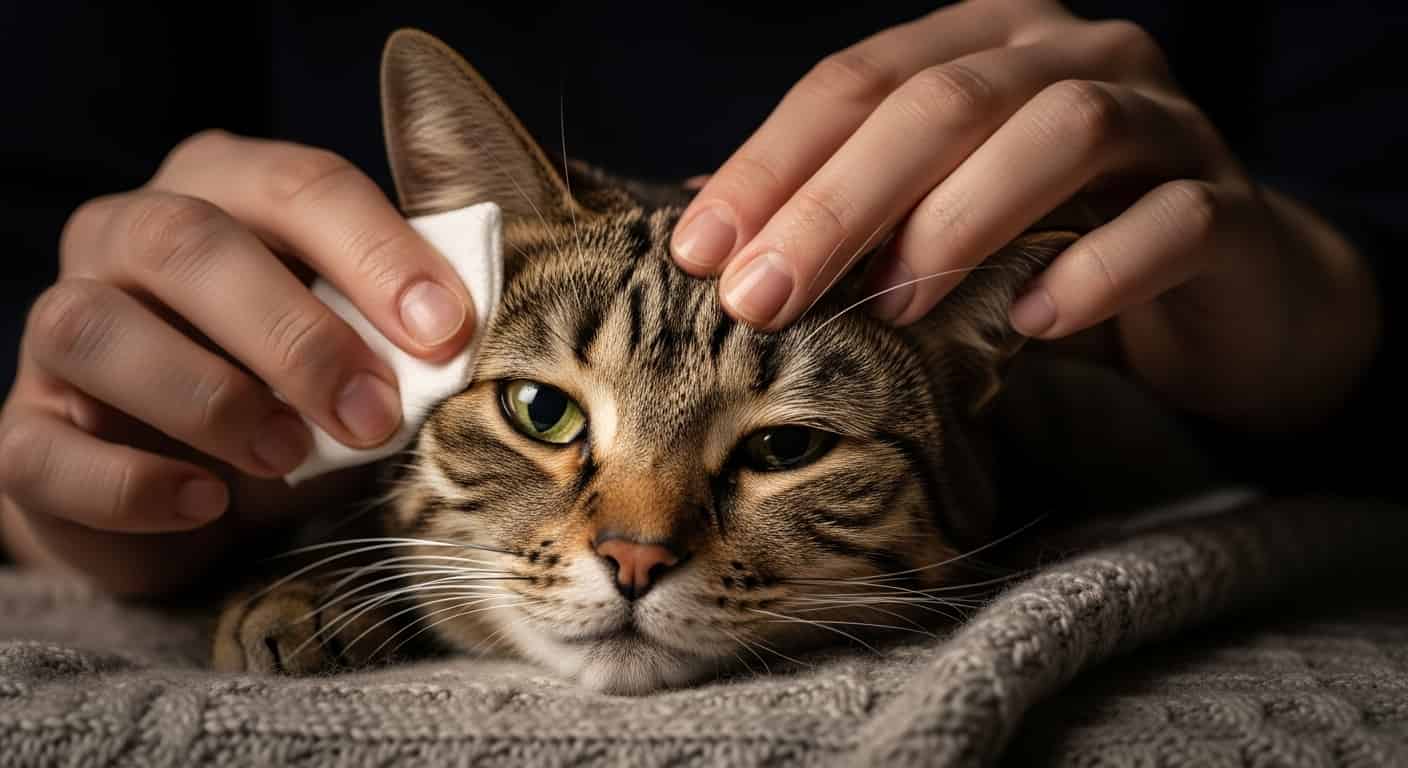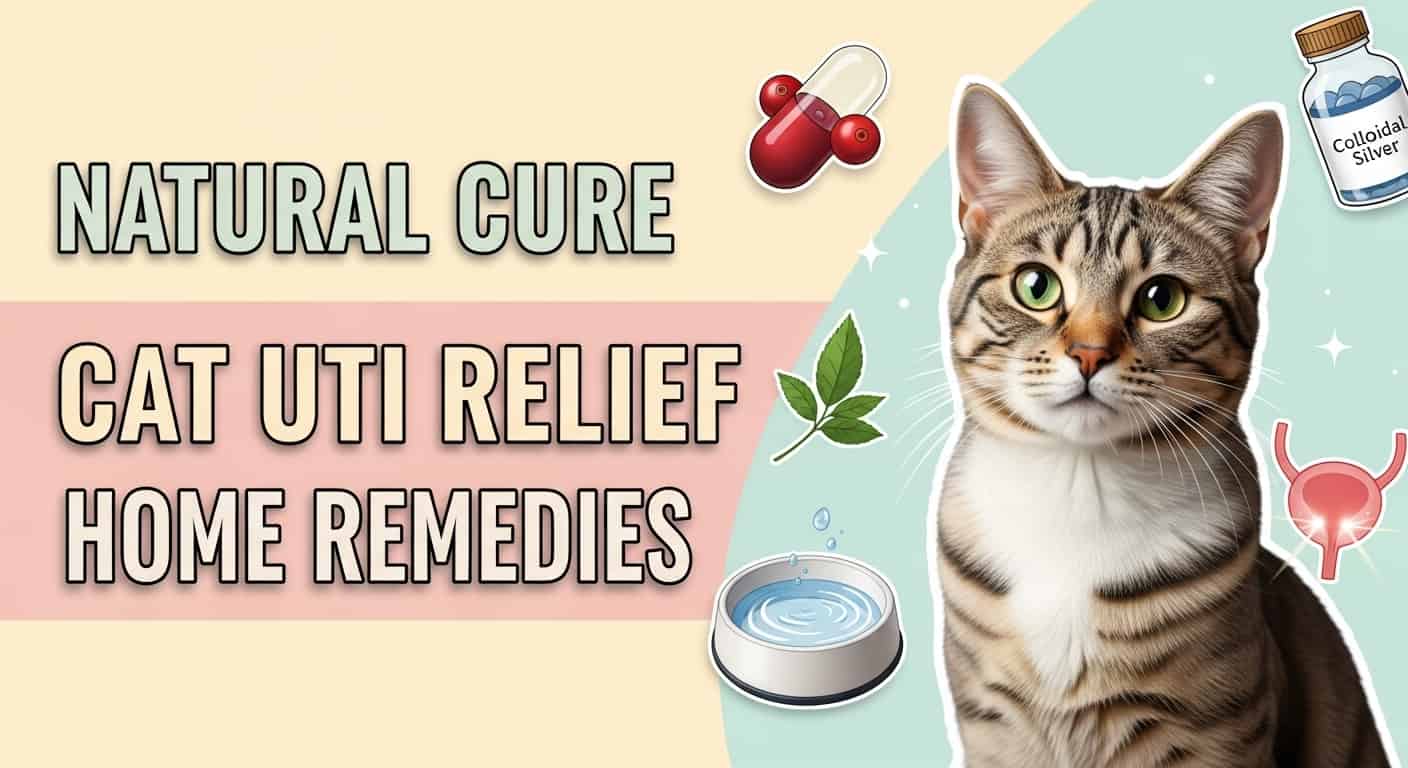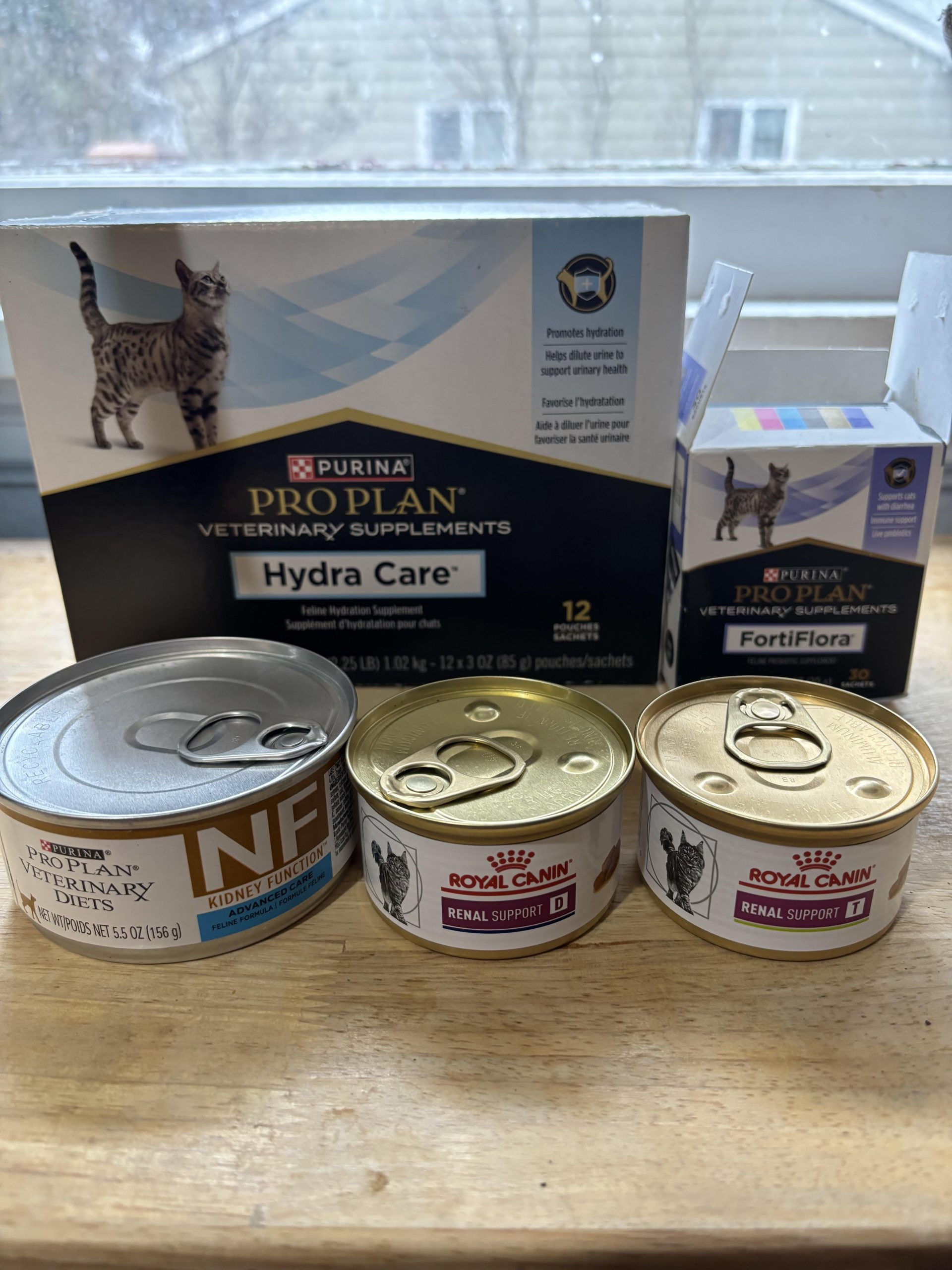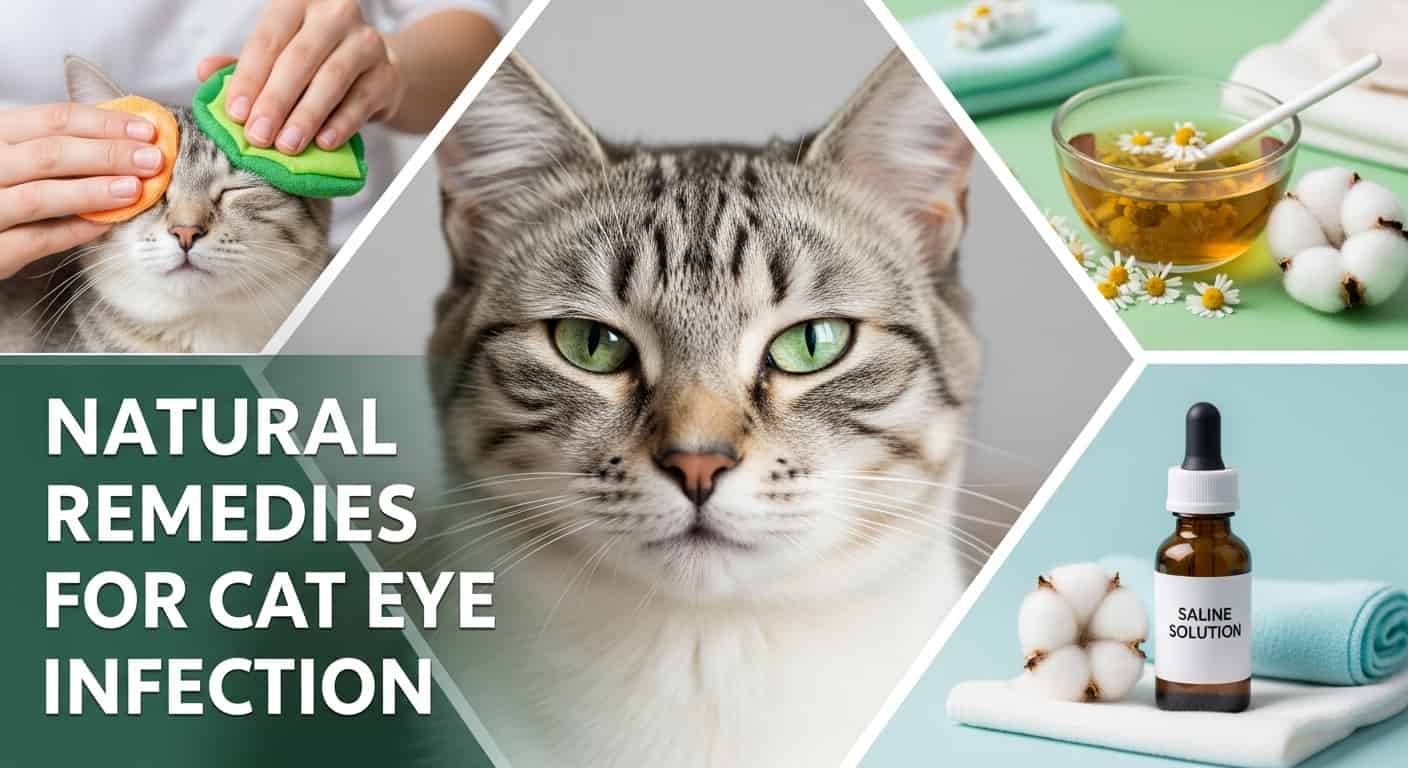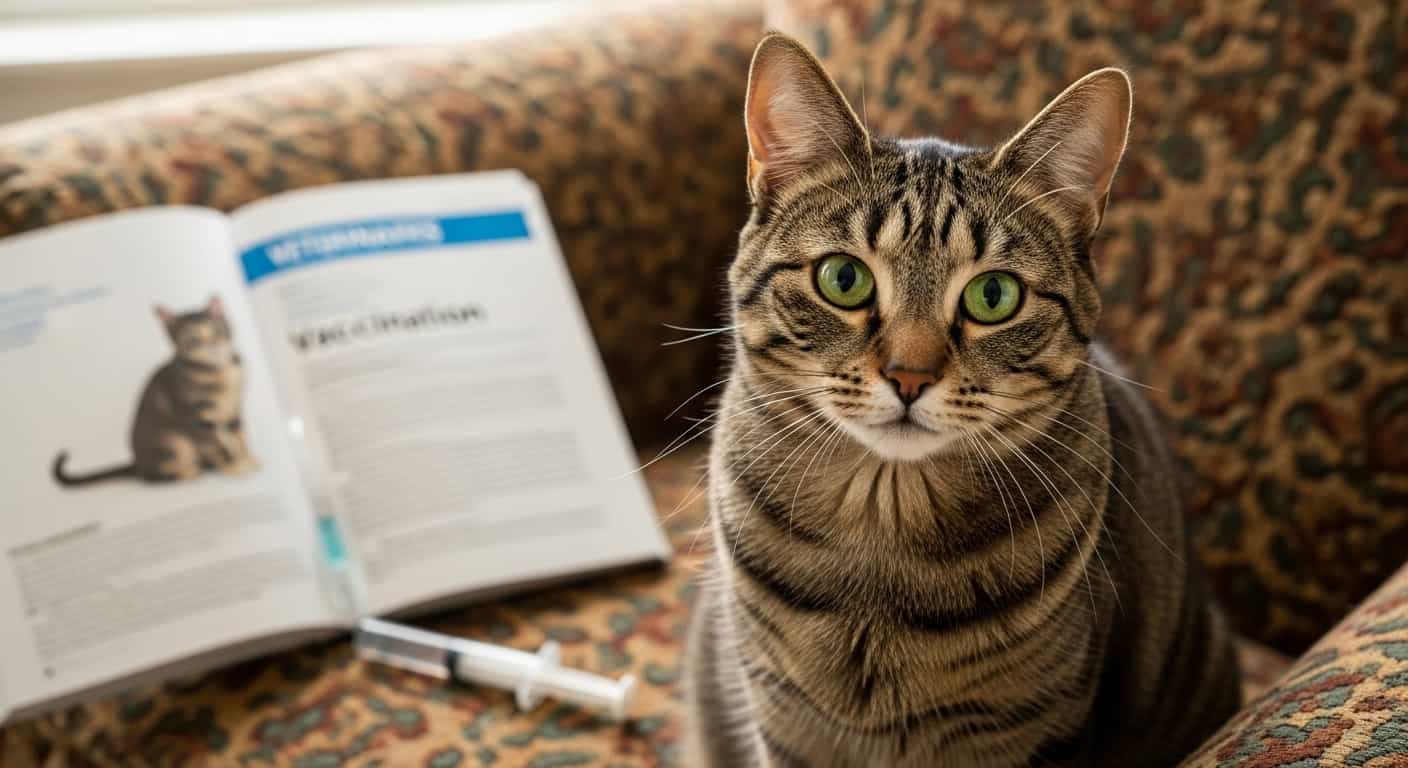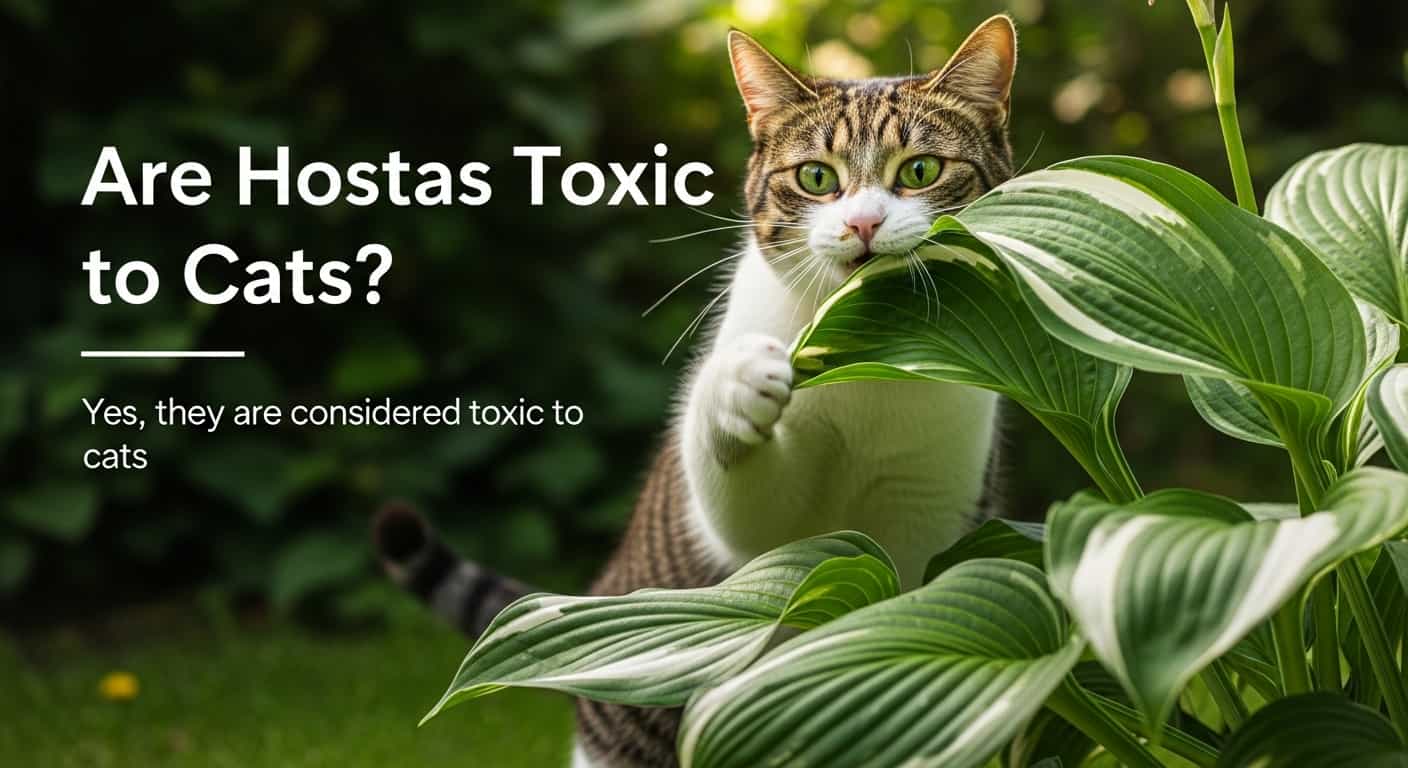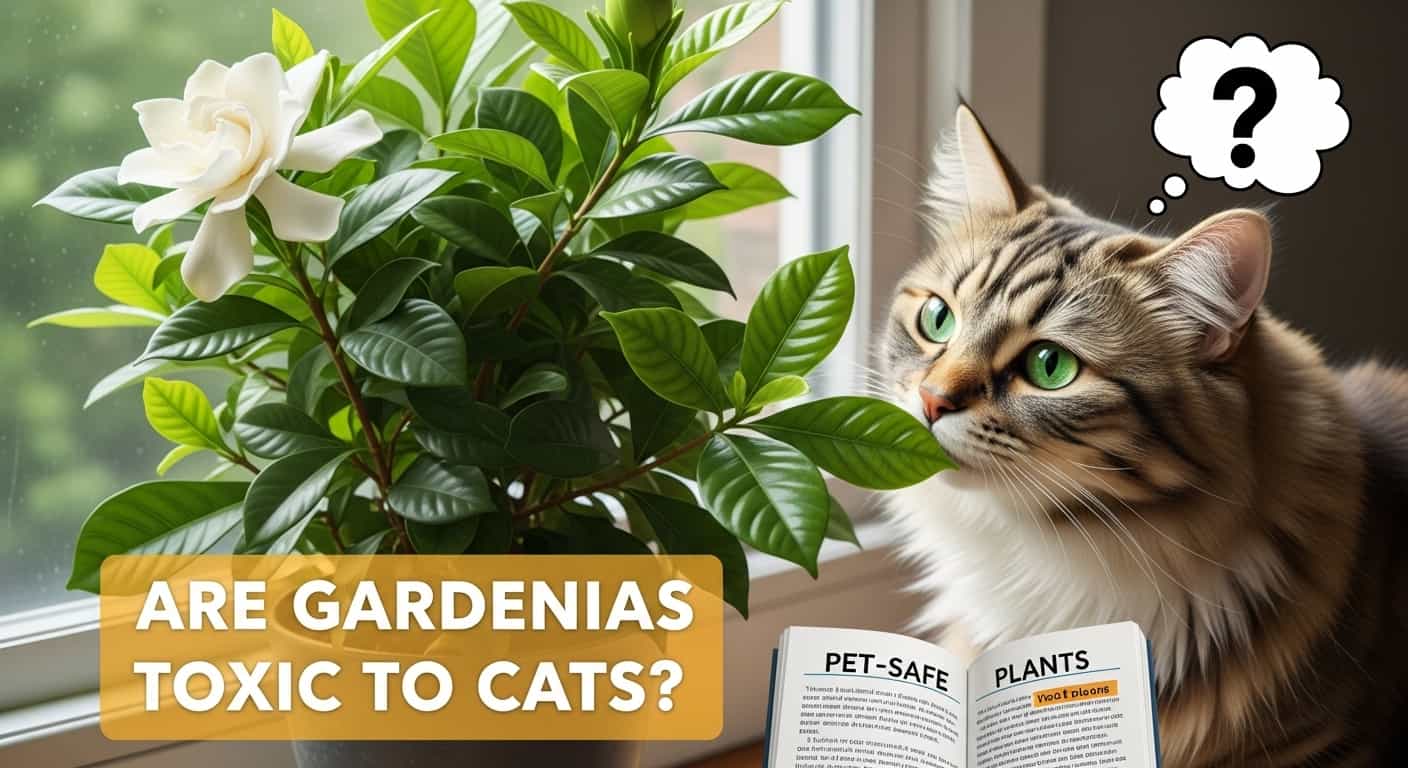Is your cat struggling with constipation? Watching your furry friend feel uncomfortable can be really upsetting.
Table of Contents
ToggleYou want to help right away, but rushing to the vet isn’t always necessary. What if you could try simple, safe remedies at home to ease your cat’s discomfort? You’ll discover easy and effective home remedies to relieve your constipated cat quickly.
Keep reading to learn how to bring comfort back to your pet’s life—without stress or confusion.

Credit: aiacademy.ac.ug
Signs Of Constipation In Cats
Constipation in cats can be uncomfortable and sometimes dangerous. Knowing the signs helps you act quickly. Cats often hide their discomfort, so watch closely for subtle changes. Spotting these signs early can prevent serious health problems.
Behavioral Changes
Your cat may seem restless or agitated. They might spend more time in the litter box but produce little or no stool. Some cats stop eating or drink less water than usual. Others may hide or avoid interaction with family members. These changes show your cat is not feeling well.
Physical Symptoms
Look for a hard, swollen belly. Your cat may strain or cry while trying to poop. Their stool could be dry, small, or very hard. Vomiting or lethargy can also appear. These signs suggest your cat is constipated and uncomfortable.
When To Seek Vet Help
If your cat has not pooped for more than two days, call your vet. Severe straining, vomiting, or weakness needs urgent care. Do not wait if your cat shows pain or stops eating. Early treatment avoids complications and keeps your cat safe.
Common Causes Of Cat Constipation
Constipation in cats happens for several reasons. Understanding these causes helps you care for your cat better. Some causes relate to diet, water intake, health issues, or stress. Knowing what triggers constipation can prevent discomfort and health problems in your cat.
Dietary Factors
Diet plays a big role in a cat’s bowel health. Low fiber food can cause hard stools. Cats need balanced meals to digest well. Too many dry foods might reduce stool moisture. Feeding wet food or adding fiber helps keep stools soft.
Here's a related post that you might find useful. Natural Remedy for Constipation in Cats: Effective & Safe Solutions
Lack Of Hydration
Cats often do not drink enough water. Dehydration makes stools dry and hard. Wet food increases water intake naturally. Always provide fresh water to encourage drinking. Proper hydration keeps your cat’s bowel movements regular.
Medical Conditions
Some health problems cause constipation in cats. Kidney disease, arthritis, and pain can limit movement. Intestinal blockages or nerve problems also affect stool passing. Regular vet check-ups catch these issues early. Treatment depends on the underlying medical cause.
Environmental Stress
Stress affects a cat’s digestion. Changes in home, loud noises, or new pets cause stress. A stressed cat may hold in stool, leading to constipation. Calm and quiet surroundings help reduce stress. Routine and comfort keep cats relaxed and healthy.
Safe Home Remedies To Relieve Constipation
Constipation in cats can cause discomfort and stress. Safe home remedies can help ease your cat’s condition. These simple methods support healthy digestion and promote regular bowel movements. Always observe your cat closely and consult a vet if symptoms persist.
Increasing Water Intake
Water softens stool and helps it pass easily. Offer fresh water in several bowls around the house. Try wet cat food to boost fluid intake. Adding a little water to dry food can also help. Keep water clean and changed daily.
Dietary Adjustments
Fiber helps move stool through the intestines. Add small amounts of canned pumpkin or plain cooked squash. Avoid foods with artificial ingredients or fillers. Choose high-quality cat food with balanced nutrients. Changes should be gradual to prevent stomach upset.
Gentle Abdominal Massage
Massage helps stimulate your cat’s bowel movement. Use gentle, circular motions on the belly. Do this for a few minutes daily, especially after meals. Be calm and watch your cat’s reaction. Stop if your cat shows signs of discomfort.
Encouraging Physical Activity
Exercise boosts digestion and bowel function. Play with your cat using toys or laser pointers. Create safe spaces for climbing and jumping. Short, frequent play sessions work best. Active cats usually have better digestive health.
Here's a related post that you might find useful. Bland Diet for Cats With Diarrhea: Effective Healing Foods
Natural Supplements And Ingredients
Natural supplements and ingredients can help relieve your cat’s constipation safely at home. These options support digestion and soften stool. Using natural ingredients reduces the risk of side effects. They work gently and effectively to improve your cat’s comfort. Understanding each supplement helps you make the best choice for your pet.
Pumpkin Puree Benefits
Pumpkin puree is a common natural remedy for constipated cats. It is rich in fiber, which helps move stool through the intestines. The moisture in pumpkin also softens the stool, making it easier to pass. Just a small spoonful mixed with food can improve digestion. Choose plain, canned pumpkin without any added sugars or spices.
Olive Oil Usage
Olive oil can act as a mild laxative for cats. It lubricates the digestive tract and eases stool passage. A few drops added to your cat’s food may help relieve constipation. Use extra virgin olive oil for best results. Avoid using too much to prevent diarrhea or stomach upset.
Fiber-rich Foods
Fiber is essential for healthy digestion in cats. Besides pumpkin, other fiber-rich foods support bowel movements. Small amounts of cooked carrots or green beans are safe choices. These vegetables add bulk to stool and encourage regularity. Always introduce new foods slowly and watch for any reactions.
Precautions And When To Avoid Home Remedies
Using home remedies for a constipated cat requires care. Not all remedies suit every cat. Some signs mean you should stop home treatment. Knowing when to avoid home remedies helps keep your cat safe. Watch your cat closely during treatment. Stop if you notice serious problems.
Signs Of Severe Constipation
Severe constipation shows with hard, dry stools or no stools for days. Your cat may strain often without success. Watch for vomiting or a swollen belly. Lethargy or loss of appetite are serious signs too. These symptoms need quick action beyond home care.
Risks Of Overusing Remedies
Too many remedies can cause diarrhea or dehydration. Overuse may upset your cat’s stomach. Some treatments can lead to long-term health problems. Avoid giving laxatives without vet advice. Balance is key. Use remedies only as directed and sparingly.
When To Visit The Vet Immediately
Visit the vet if your cat shows severe constipation signs. Sudden weakness or pain means urgent care. If your cat stops eating or drinking, get help fast. Blood in stool or vomit needs immediate attention. Early vet visits prevent serious issues and ease your cat’s pain.

Credit: www.amazon.com
Preventing Future Constipation
Preventing future constipation in cats is key to keeping them healthy and happy. Small changes in daily care can make a big difference. Consistent habits help your cat avoid discomfort and digestive issues.
Regular Hydration Tips
Water is essential for your cat’s digestion. Always provide fresh, clean water. Some cats prefer running water, so try a pet water fountain. Wet cat food can also boost water intake. Keep water bowls in quiet, easy-to-reach places.
Balanced Diet Plans
A diet rich in fiber helps prevent constipation. Include high-quality cat food with natural fibers. Avoid too many dry treats and table scraps. Consult your vet about fiber supplements if needed. Feeding small, frequent meals supports healthy digestion.
Routine Exercise For Cats
Exercise stimulates your cat’s bowels and overall health. Play with toys that encourage movement daily. Short, active sessions work best for most cats. Create a safe space for climbing and exploring. Regular activity reduces the risk of constipation and obesity.

Credit: www.amazon.com
Frequently Asked Questions
What Are Common Signs Of A Constipated Cat?
Constipation signs include straining to poop, dry stools, and infrequent bowel movements. Your cat may also show discomfort or a swollen abdomen. Early detection helps prevent serious health issues.
How Can I Safely Relieve My Cat’s Constipation At Home?
Increase your cat’s water intake and add fiber-rich foods like pumpkin. Encourage exercise to stimulate bowel movements. Avoid human laxatives; consult a vet before trying any medication.
When Should I See A Vet For Cat Constipation?
If your cat hasn’t pooped for over two days, shows severe pain, vomiting, or lethargy, see a vet immediately. Persistent constipation can indicate underlying health problems needing professional care.
Can Dietary Changes Help Prevent Cat Constipation?
Yes, feeding a balanced diet with adequate fiber and moisture helps maintain healthy digestion. Wet cat food is often better for hydration and preventing constipation.
Conclusion
Constipation in cats can be uncomfortable and worrying. Simple home remedies may help ease their discomfort. Always watch your cat closely for any changes. Keep their water bowl full and encourage gentle exercise. A balanced diet with fiber can support regular digestion.
Remember, persistent constipation needs a vet’s care. Quick action helps your cat feel better fast. Caring for your pet shows your love and attention. Small steps make a big difference in your cat’s health.

